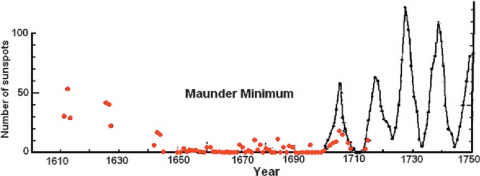. . . because if this analysis at the Guardian is accurate, the stock is going much, much lower:
Here’s what’s wrong: RIM’s platform is burning. Except that this isn’t the fully-fledged conflagration that Stephen Elop perceived at Nokia. It’s more of a smouldering. But it’s happening nonetheless, and it’s been happening for a long time: RIM hasn’t released a major new phone since August 2010. (Yes, that’s nearly as long as Apple.) It sort-of showed off a new version of the Torch in May; that will actually be released in September. (Way to kill the sales, people.)
[. . .]
My analysis: RIM is being pushed down in the smartphone market as the iPhone and high-end Android handsets (and perhaps even a few Windows Phone handsets) take away the top-end share it used to have. By my calculations (trying to align RIM’s out-of-kilter quarters with the usual Jan-March ones), Apple has outsold RIM for phones for the previous three fiscal quarters (July-Sep, Oct-Dec, Jan-Mar) and is all but sure to do the same this quarter. That’s an entire year in which it’s outselling RIM not only in numbers but also revenues (and profits). And of course Android is wiping the floor everywhere else, now being the largest smartphone OS by share.
RIM is getting hammered because its phones are now, in OS terms, old. RIM’s share of US smartphone subscribers dropped 4.7 percentage points to 25.7% in April compared to three months earlier, according to ComScore. None of that is good. And because the phones are old, it can’t persuade the carriers to buy them as it did before; so ASPs tumble. Matt Richman has a stab at calculating the phone ASP and reckons it fell from $302.26 (official, Q1) to $268.56 (est Q2).
[. . .]
So we’re going to see both Nokia and RIM come under incredible pressure over the rest of this year: Apple is going to have a new iPhone, Android is going to rage like a forest fire, and there doesn’t seem to be anything to really stop either of them. Although Stephen Elop talked about the prospect of three ecosystems — Android, iOS, and Windows Phone, completely discounting RIM — it’s looking like it’ll be more like a two-horse race, at least temporarily, by the end of this year.
Of course, even if RIM isn’t one of the market leaders, Apple will not have an easier time of it.
And yes, I did actually have a few hundred shares of RIM stock in my RRSP last year. I was lucky enough to sell at about what I paid for the stock . . . and it hasn’t been as high as that since I sold.




